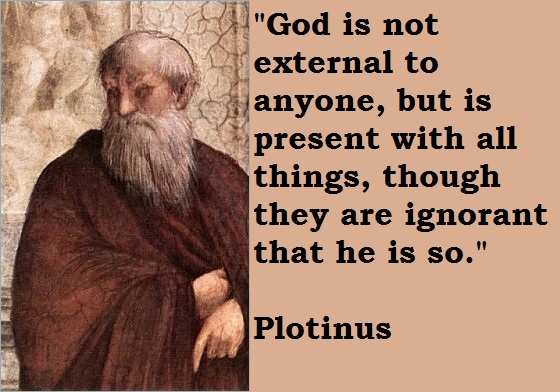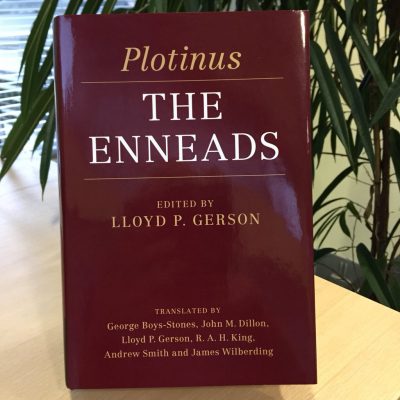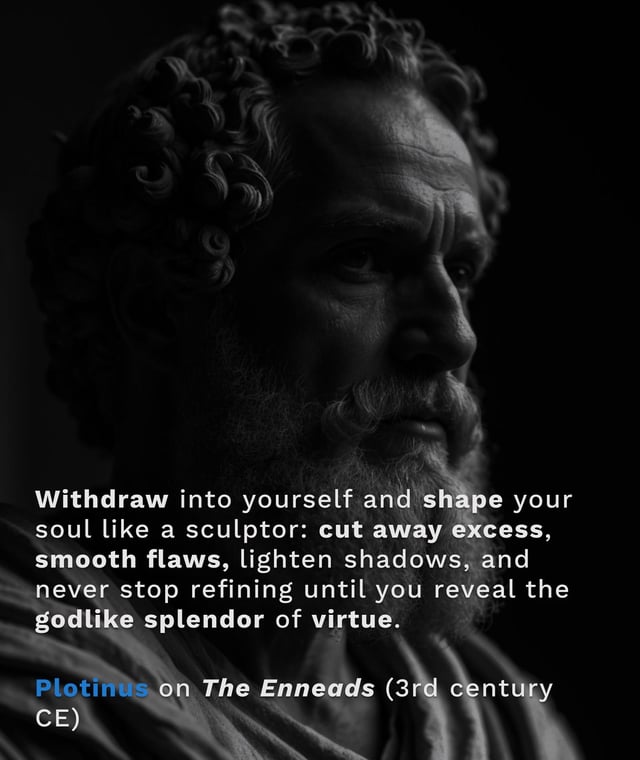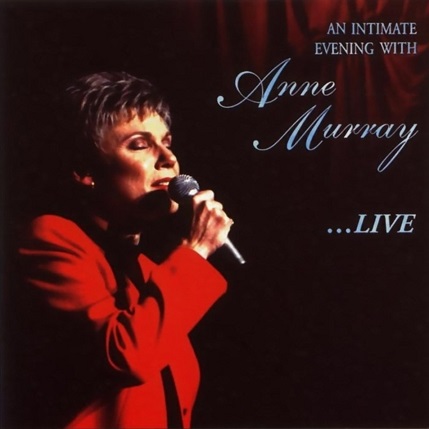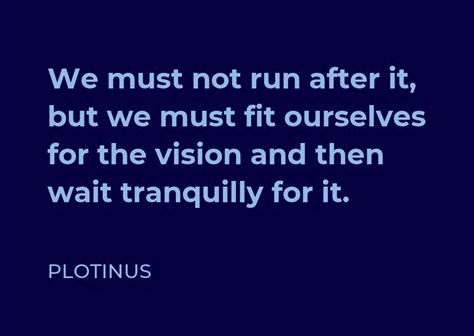|
home | what's new | other sites | contact | about |
|||||||
|
Word Gems exploring self-realization, sacred personhood, and full humanity
Soulmate, Myself:
Plotinus (204-270 CE)
Plotinus, a student of Plato's Ideal Forms, does well explaining the nature and meaning of beauty. Some of it conforms to what we know about natural law in Summerland; some of it, however, does not reflect ultimate reality, as revealed in “the scientific evidence of the afterlife.” But let us take the good where we find it; for, where Plotinus is good, he’s very good.
where to begin The 54 essays of Plotinus contain too much for us to review here. Even to focus on the entirety of just one essay, Ennead 1:6, is unwieldy. Instead, let us center on a few important ideas from Ennead 1:6. We might begin by discussing what beauty is not. See the following inset box, three interviews of young couples:
Kairissi. It’s a curious thing. A mate might be physically attractive, but if he is also virtuous – brave, kind, wise -- his stock rises immeasurably. Elenchus. And the converse is also true. Like the girls in the three examples, if she reveals herself to be without scruple, an airhead, self-merchandising, devoid of moral compass, then, almost like magic, she will transform, before his very eyes, into something hideous. K. And now she's the Wicked Witch of the West. Clearly, we are tapping into some unseen realm precipitating sudden shift of perspective, some hidden standard by which we are compelled to judge the beauty of a mate. E. Indeed, the beauty of all things. K. This is why you’ve been so taken by Jamie – and she’s just a fictional character. E. I think the truth of the matter is, we want to be with someone who will reveal “the hidden face of God” to us. There has to be an underlying soul-bond, this is primary, but, strangely, it's not enough to enter the true marriage. We were made to crave the beauty of God -- via the sacred beloved -- and even an approximation will captivate; even a Jamie girl. K. What can we say then? – what is beauty? E. A long time ago, I learned that Aquinas defined beauty as a comely interplay of symmetry and proportion. Without thinking a lot more about it, I considered this to be the last word on the subject. K. It does sound like a reasonable way to define beauty. E. But, a thousand years before Aquinas, Plotinus said he really hated this idea. Symmetry and proportion are not bad standards when talking about something made of parts, but it doesn’t work well for the beauty of singularities, like a pebble, a lightning flash, a piece of gold, a star, colors, a single note of music, or the noon-day sun. K. To say nothing of the beauty of higher order concepts. Where are the moving parts in courage, love, and fortitude? or, as Plotinus put it, "What symmetry is to be found in noble conduct, excellent laws, or in any form of mental pursuit?" E. And the biggest singularity is the beauty of God. So, we can see right off there’s a lot more to beauty than symmetry and proportion. K. It's more than academic philosophy. E. It’s like finding the true self – rationality and logic alone can't access it -- and we can sense the life of the true self within. And some of the investigation of beauty is also of a visceral nature. K. Let’s give some examples. E. The one I like best has to do with a kind of surprise when we encounter the beautiful. Plotinus speaks of a gasping, a momentary sense of jarring, when we meet beauty. This inadvertency might be subtle or it can be exaltation. K. As if to indicate, we’ve stepped over a threshold into an enchanted new world of sublimity and ecstasy. It's like, wow. This is important because, despite the sufferings on planet Earth, it’s a keyhole glimpse of the true nature of things right here and now. E. I think it’s a brief flash of insight revealing something of the perfection of “the One.” K. Elenchus, for many years you’ve said that every time you see me, or even a photo, you experience a subtle surprise, a near-imperceptible jolt. Does this still happen for you? E. Yes, it does. I’d like to say more about this later. beauty and art K. I like what Plotinus said about art. Its grandest expression is more than painting pretty landscapes. The artist and her art, properly conceived, are virtual evangelists of a hidden world of “the One.” E. The artist, in her highest aspect, is like a prophet of God, a spiritual guide, summoning people to a cloaked reality. K. She is to offer a glimpse of a divine order, perceptions of ultimate things. This goes well beyond technical skill of painting or drawing objects of the world. E. Plotinus does not, as some do, denounce the physical world or the body as evil, just that there's much more to come if eyes of the soul open. The beauty of the world is merely a place to start in the "ascent" to the One. beauty, art, and prayer E. Prayer for Plotinus is not mere asking for things. Because beauty and art might open a portal to a higher dimension of awareness, prayer becomes more of a meditation or contemplation of one’s place in the universe, a reflection upon one's relationship to the One and with all creation. some ideas of Plotinus need a little work K. Plotinus famously put forward that perfecting oneself is analogous to a sculptor chipping away at a block of marble, removing anything that does not conform to an artist's mental image. Likewise, he said, we are to hone and smooth out the soul, cutting away imperfections. This could almost sound reasonable. E. It does sound reasonable until we remind ourselves that the soul is part of God, perfect in itself, inviolable, and needs no remodeling. There will be no sculpting or chipping away of the soul, this is not possible. K. Instead, we are to retool our perceptions of self, not the soul per se. We are to open our eyes to what we’ve been given, and to accept the glory and power of God within. This nuanced version of self-help is very important as clarification. Plotinus and Augustine E. Here's how it's important. About a hundred years after Plotinus, Augustine became enamoured with his teachings. Wikipedia: "Augustine, though often referred to as a 'Platonist', acquired his Platonist philosophy through the mediation of the Neoplatonist teachings of Plotinus." K. And why should this matter? E. Augustine was a chief architect of foundational teachings of the RCC. Think of the “infallible doctrine” of so-called “original sin.” Consider the influence of Plotinus on this later religious tenet. K. The RCC teaching asserts that we’re defective, that the soul is imperfect, intrinsically lost and damned, needs “saving” and a good rehab. Plotinus would say we need to chip away the imperfections. E. But the soul was "made in the image," requires no upgrade. And how many billions have been fed this error of "you're not right, you're defective, you're no good"? – all because Augustine bought into a misperception of Plotinus. Narcissus sees the beauty of his reflection K. I like Plotinus’ analogy of lower-order beauty and the mythic Narcissus. He saw his own reflection in a pool of water, fell in love with it, but then toppled into the pond. Plotinus is saying that sensual beauty is like the reflection, just a mirage, nothing grandly substantive about it, and to enshrine this lower-order beauty is to fall into an abyss of illusion. E. It’s a good teaching lesson. The beauty is not actually in the water, and, with true love, it's not really in your lover's face. K. That is a jarring realization. E. What we need is a perception of beauty based upon Ideal Forms, higher up the ladder, nearer to the One. 'rest in its own being' K. Plotinus uses a wonderful phrase concerning higher-order beauty: a beauty that will “rest in its own being.” Elenchus, think of that similar phrase, the afterlife testimony we like so much, about true love: “complete rest to the soul.” E. This is a really good observation. That “complete rest to the soul” which true love experiences occurs when we encounter higher-order beauty, a reflection of “the One,” in the visage, and via the agency, of the sacred beloved. Ought we all to become Platonists now? E. Despite some indications of the existence of a cloaked world of Ideal Forms, I am not rushing to declare myself a Platonist. There are more accurate views, I think. The problem I see with Plato’s Forms is a certain stultifying rigidity. It’s an ideal world wherein change does not occur. This immutability does not square with much evidence that we live in a quantum-based reality. This means that the universe is evolving, undergoing constant change. K. For a long time we’ve thought Rupert Sheldrake’s “hidden blueprints” of morphic fields offer the better model of how reality is constructed. If Ideals cannot change, even improve, then we cannot grow and advance, and this systemic stasis would run contrary to fundamental precepts of natural law, which we know governs Summerland. (See many articles on the “evolution” page concerning Dr. Sheldrake’s morphic fields.) Beauty is the signature song, the identifying marker, of truth and reality - of the One. K. I just realized something. We have the larger principle that, if we think something is “beautiful” then, to some degree, the goodness of the One is being recognized. But consider this. For years you’ve said that, when you judge another girl to be attractive, invariably, it’s because she reminds you of me. E. I finally understood this. K. But it’s a microcosm of the greater dynamic of seeing “the One” in anything we deem to be “beautiful.” the great scientists agree that beauty is an indicator of truth K. We’ve pointed out before, but never too often, that, arguably, the greatest scientists of history – it’s a very long list – are on record to affirm that a sense of nature’s underlying beauty guided them in their discoveries. See a long list of quotations here. E. There’s an interview on youtube – I don’t want to offer any clues to identity – of a science writer or academic or some such who thinks it’s very stupid to honor the notion that science or nature is fundamentally beautiful. All the luminaries of science who proclaimed beauty as the touchstone of truth are all deluded, according to this shrill voice. They saw what they wanted to see, according to this contrary view, and disregarded what didn’t fit their world-view. K. Statements like this are both puzzling and disconcerting. Why would someone even say this, as there is so much beauty in the natural order! Moreover, if you have a long list of very accomplished scientists claiming that a sense of beauty guided them to stellar discoveries, how do you credibly set this aside? – especially when the critic has never discovered anything and cannot compete with the resumes of the giants of the past? But we should believe the critic? E. Well, we always want to be open to alternate views because the majority can be wrong; however, all this acknowledged, when I saw the interview of this person, and noted the anger in the voice, I knew right away what was going on here. The speaker is a materialist. And materialists hate any notion of Intelligent Design (ID). They want to declare, it’s part of their faith and belief-system, that the universe offers no meaning or purpose. And so it’s quite natural for them to assert that beauty does not exist in the universe because this would be a back-door admission that there might be evidence of a supervising design. K. Let it be said, too, in another interview, this critic debated ID advocates, and, at one point in the debate, when confronted with peer-reviewed evidence of ID, this person actually blurted out “Don’t tell me, I don’t want to know!” All pretence at objectivity was now discarded. This was shocking, and the other debaters on stage, along with the audience, laughed at this boorishness. And it’s all the more pathetic because said critic has a large youtube audience with many videos on science. And yet here we have somewhat of a leading spokesperson for materialism presenting the ugly face of censorship and overt closed-mindedness. beauty as subtle surprise K. Elenchus, you promised to say more on that “near-imperceptible jolt” when you see me or even a photo. What does this really mean? E. The quick answer is, I don’t really know. K. But you have suspicions, so please share what you see. E. Well, as I said, an encounter with higher-grade beauty takes us to a threshold of a very lofty realm, the foothills of the domain of the One. K. And lovers, each for the other, serve as escorts to this wonder. E. I believe this is correct. K. But why the “surprise”? E. Plotinus hinted at some of this, but here’s how I see it. Normally, when we learn something, come into knowledge, in our world, it’s the result of rationality and logic. For example, there’s beauty in mathematics – so much of it, but I’m thinking of Dirac’s famous equation… K. … which predicted anti-matter, fully one-half of the entire universe, and Dirac’s equation foresaw this, even with zero lab work or experimental evidence. E. Paul Dirac started out as an atheist but, nearer the end of his life, preached the beauty in nature (see a video of Dirac’s work here). But the point is, it’s all well and good to speak of the beauty of the Dirac equation, but the average person, with no math background, would not see the beauty. K. Not without the rationality and logic we spoke of. no mediation E. It would take a considerable amount of effort in preparatory work to be able to apprehend the beauty of the Dirac equation. But there is another kind of beauty which neither needs nor permits any form of introduction. It jumps out at you, immediately; that is, with no requirement for intermediaries. It’s just there, right in front of you. K. Rationality and logic do not bring it into being. E. And when we are confronted by this kind of beauty, which virtually imposes itself upon us, it enters our perception with a “surprise,” a jolt of awareness. It's so unusual, so different from what we know on planet Earth. K. This is not the very temporary burst of thrill known to every John and Mary. It’s nothing like that, it's not part of common sensuality. But, Elenchus, why would the real thing, the “surprising” impulse to elation, happen continually, even over many years? E. All I can say is, higher-level forms of beauty closely approach the splendor of the One. And I do not think it possible for one’s sensibilities to cloy and become insensate to the glories of the One. K. But… I am not the One… and so why would the reaction of “surprise” apply to me? we were made in the image, that is, according to the archetypal model, with similar sensibilties and capacities to the underlying pattern, the Ideal Form, of God, of Universal Consciousness
Editor’s note: There is but one Consciousness filling the universe and all dimensions. All human beings partake of the one Universal Consciousness. Further, we suspect that the cosmos is replete with intelligent life. The afterlife reports confirm. Beings across the universe may have different body types, but there is only one Consciousness, and these sentient others will share in the same Consciousness known to humans.
E. I think the Twin Soul couple represents a very high order of approximating the Ideal Form of the One – the image of Mother-Father God. The wonder and marvel, the “surprise” and “jolt” experienced by Twin lovers, constitute a revealing of the hidden face of God. K. It is shocking. We’re never the same after encountering higher-order beauty. It changes us from the inside out. E. It does change us, progressively and continually, with each “surprise” and “jolt.” It’s like the incremental sculpting Plotinus spoke of. K. If not the soul, what is being sculpted? E. I think, for Twins, it’s a sculpture of the sacred One Person, their joint inner life before God. Recall that Andrew Jackson Davis called this an "inwrought adaptation." “The Wedding Song” tells us that Twins are to “travel on”, for unending times, a process of evolvement leading them to greater levels of romantic intimacy and closer approximations of Mother-Father God. And this new creation of eternal marital love is what’s taking form with each “momentary gasp” to know the splendiferousness of the One, as revealed, each for the other, in the mystical eyes of the beautiful sacred beloved.
a heaven in a gaze, Emily Dickinson
K. Elenchus, just a final note – these words by Emily might be just about the most beautiful love-poetry I’ve ever encountered. And I suppose I could begin a whole new discussion by asking, what is meant by “beautiful” here? E. I wouldn’t mind your thoughts on this. K. The “beauty” rushing to meet us is the stunning realization of the pleasure of knowing the soul-reaching gaze of a lover. E. This "beauty" overwhelms one's being. K. And what is this but another way of speaking of lovers' exquisite intimacy? Does this not reflect the mind of “the One,” who seeks for oneness and harmony in all creation? When we but glimpse this ideal state of unity and integration, we immediately call it “beautiful.”
While all aspects of truth are related, the following articles are most germane to the subjects of the Dazzling Darkness, the Mystical Experience, and Existential Beauty: The Mystical Experience: 'silence your ego and your power will rise' plus some extra notes on the Dazzling Darkness in:
|
|||||||
|
|
